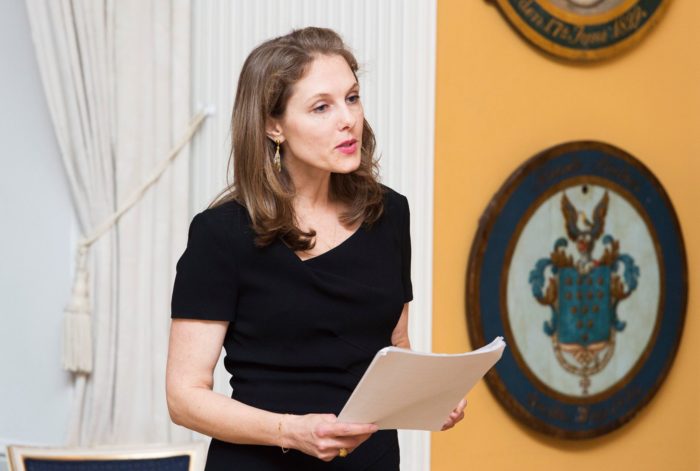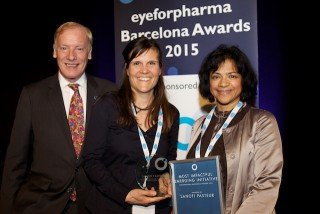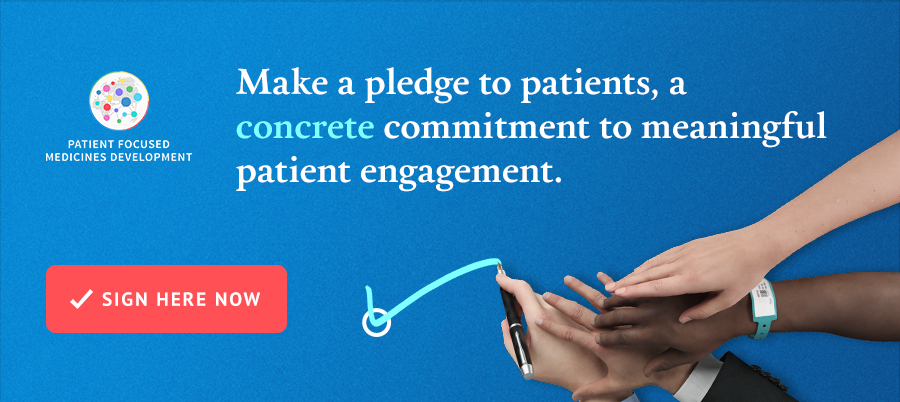 Most of us do give, or at least have given, to charity at some point in our lives – a few coins in a charity box, recycling unwanted items or even running a few kilometers. But not many of us have ever really sat down and thought about how effective our altruistic efforts are.
Most of us do give, or at least have given, to charity at some point in our lives – a few coins in a charity box, recycling unwanted items or even running a few kilometers. But not many of us have ever really sat down and thought about how effective our altruistic efforts are.
Philosopher Peter Singer has given much more than most – including thousands of dollars to reduce malaria-related childhood deaths. Like the other altruists he talks about in his thought-provoking speech, he not only gives more than most, but he takes the time and effort to ensure his donations are effective – that they reduce as much poverty and save as many lives as possible. He is an effective altruist.
In case you’ve not heard the term before, effective altruism is an approach to giving that maximizes positive impact, whether it is your money, your time or your knowledge you are donating. To do this Peter calculates the size of his positive impact – it helps in making decisions about where he should focus his attention.
But can you truly calculate that figure? What if I don’t agree that training a guide dog for one blind person has less of a positive impact than saving the sight of hundreds? Does it have to be a choice between one or the other? Or what if donations did more harm than good in the long term, creating dependencies or empowering an undemocratic ruler?
What is the true value of our altruism?
Can that question ever really be answered? If the answer is no, how can we ever say whether our own altruism is truly effective?

By Nicholas Brooke
07-12-2016
The week of 16-19 May 2016 was an important week for girls and women throughout the world with the hosting Women Deliver's 4th Global Conference in Copenhagen, Denmark. It was also a milestone for our Motherhood Projects which incorporate the Alliance for Maternal Health Equality (AMHE), Safe Motherhood Week (SMW) and the Pregnancy and Medicine Initiative (PMI).

By Caroline De Bie
03-01-2015
Break Dengue was awarded “Most Impactful Emerging Initiative” at the eyeforpharma Barcelona Awards. Break Dengue was one of 29 entries in the category, and received the honours “following a unanimous vote by the panel of international industry experts and patient advocates”.





Leave a comment